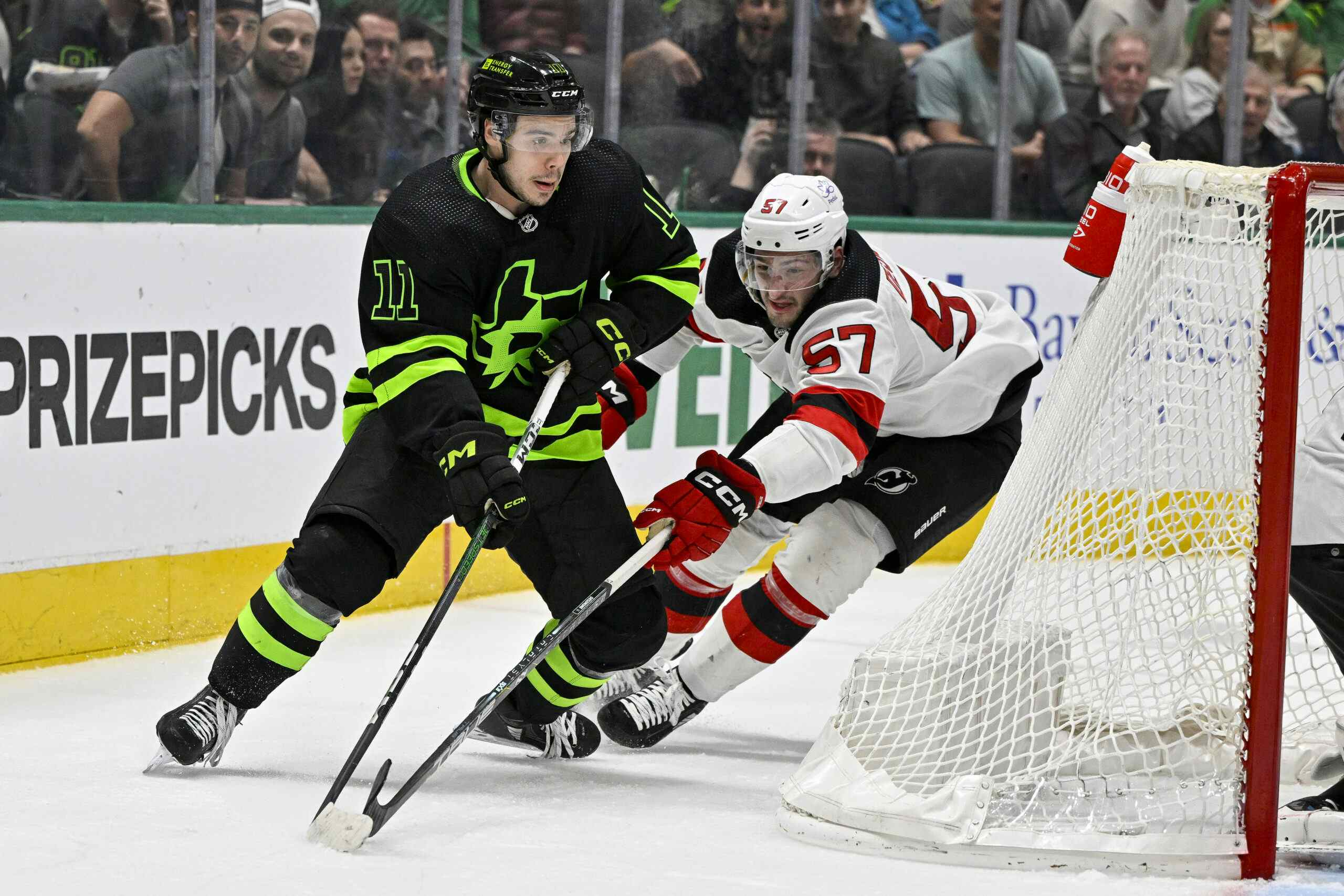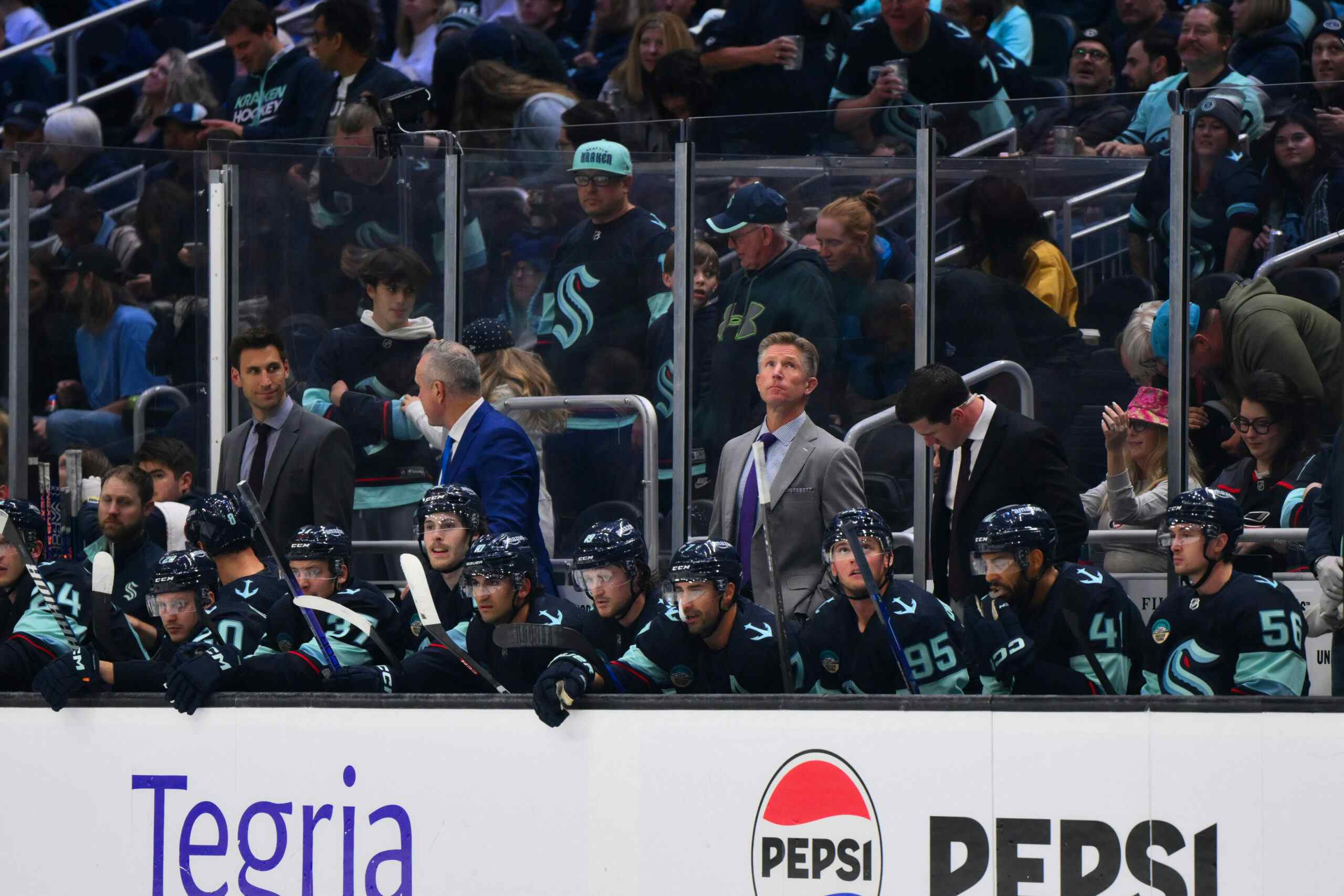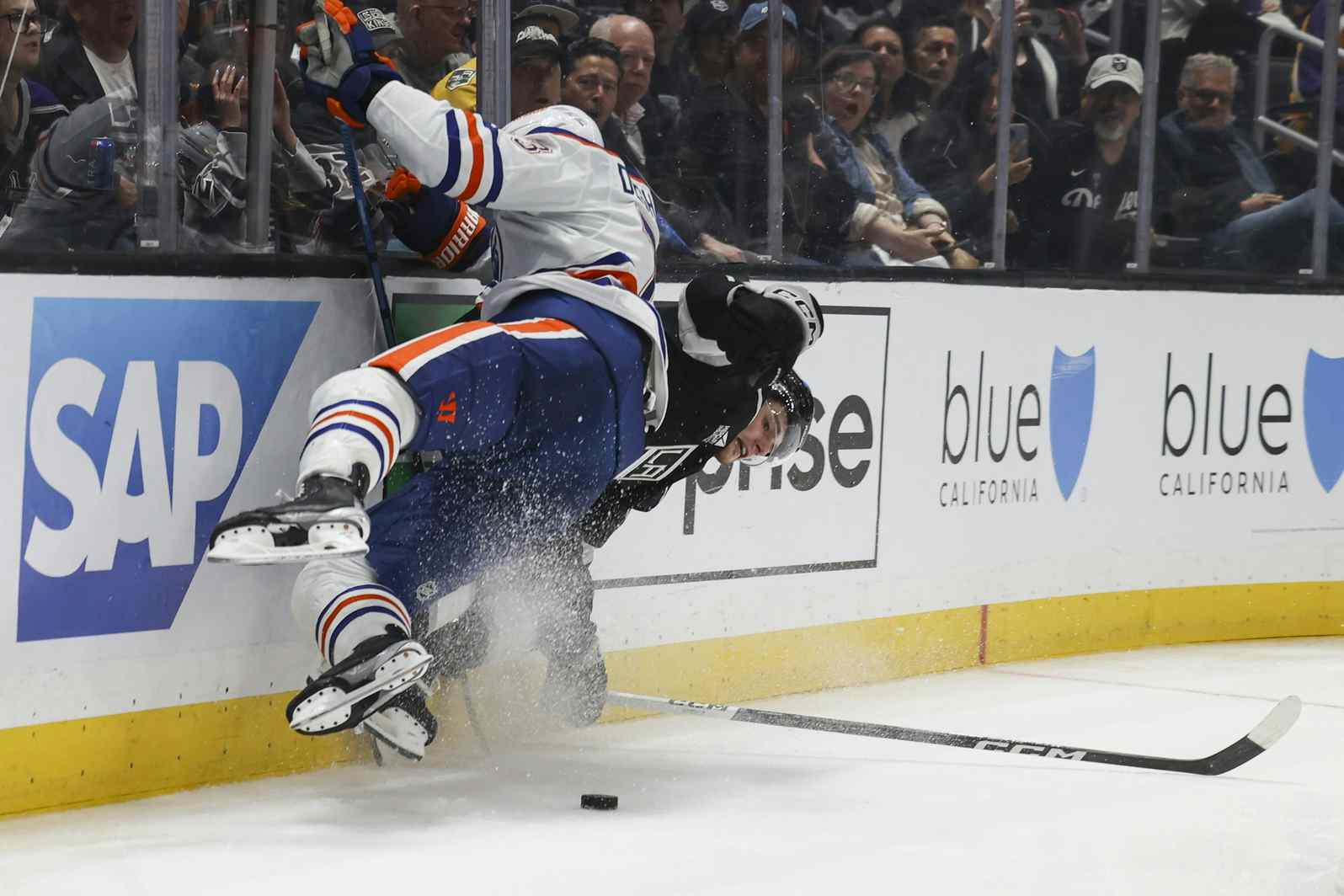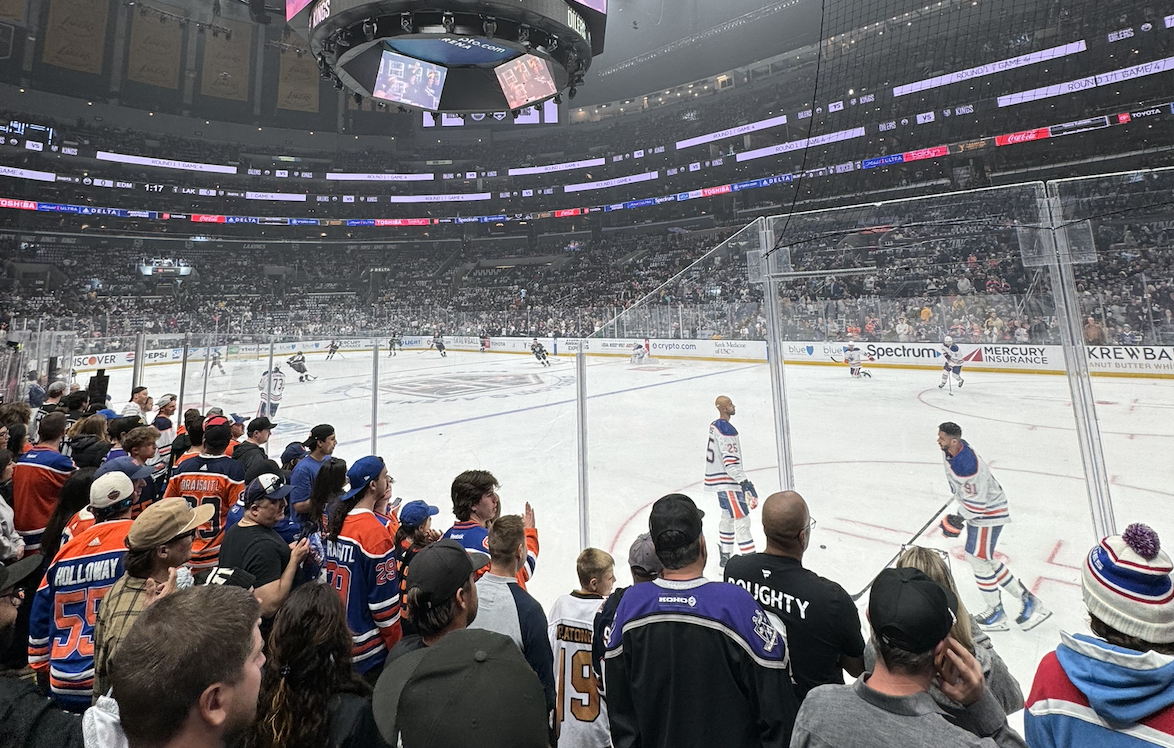Pat Quinn on “Doing Something”

Do something. For teams dwelling outside the playoff bubble, those words tend to accurately reflect the mood of the fan base. Fire the coach. Fire the trainers. Trade someone. Axe the professional scouts. Something.
I thought that ex-Leafs coach/G.M. and ex-Oilers coach Pat Quinn had an interesting take on “doing something” in the recent book Behind the Moves.
You’re probably more fearful of making a mistake with your signings than ever before because you have to eat them somehow. And even when you’re eating them financially, they can still maybe go against your cap. Once the season starts, boy, if you don’t like the way it’s going, what do you do? You fire your coach or some kind of thing that isn’t maybe the answer, but [by taking action] you tell the public, ‘I’m doing something.’ Maybe that’s what is least understood; people think that because change is desired or needed, you can do it, that you have the ability to say, ‘Yes, okay.’ … But you can’t get rid of the contracts.
(bolding mine)
Quinn’s comment probably rings true for a lot of fans. Losing teams do things. Often, those things have negligible impact on the team’s performance.
The most interesting example this year is probably in Montreal, where the team fired an assistant coach, then fired the head coach, then traded a bunch of players, all with pretty much no impact on the fortunes of the club.
But Montreal is hardly alone. Edmonton has seen coaches, trainers and executives shuttled up, down and out of the organization entirely. Some of those changes probably had to happen (the dismissal of Kevin Prendergast comes to mind), while others were arguably less urgent. Either way, there really hasn’t been a measurable impact in terms of the on-ice product.
In Toronto, this sort of thing is going on right now. From the Globe and Mail’s Jeff Blair:
Burke is going nowhere. Not with negotiations on a new collective agreement coming; a bad time if ever to bring in somebody and expect them to hit the ground running. The only way that changes is if sometime this off-season, Burke gets rid of one of his many assistant general managers. That will be a sign that the game has changed, that somebody in the new ownership group has the ear of somebody else. Much like a head coach being ordered to get rid of an assistant coach, if Burke is told to divest himself of, say, a David Nonis or two it will be a sign that the suits have awakened; that the guys who actually do up their neckties instead of letting them hang on either side of the collar have awakened and want to take back their team.
Blair is, essentially, advocating the same thing the Canadiens did when they fired Perry Pearn, the same course of action that Pat Quinn talks about above. Do something. Give the public a sign.
The problem is that “do something” is an emotional response, not a rational action based on an objective appraisal of the situation. As Quinn put it, “that isn’t maybe the answer.” That’s fine for fans – because individual fans are easily ignored, fans only have power when they communicate something en masse, and those sorts of messages can’t help but lack nuance. Commentators with a national pulpit, as Blair has, should be a little more rational and a little less emotionally involved in my opinion (On that last point, from his article, “There are times when this franchise – I swear, I believe this – is the Chicago Cubs… It will never win. Ever. Somehow, some way, they’ll screw it up.”) but then again I’m digressing.
Realistically, firing one of Burke’s executives isn’t likely to do much. Does anyone really believe that Dave Nonis is steering the ship? Rick Dudley? Claude Loiselle? Dave Poulin? It would be different if there was a clear area of failure that one of these men was responsible for, but that’s not really the case here. Just turning around and firing a guy to get at his boss isn’t a constructive way to run a franchise.

Every action taken should be in response to a clear problem. A coach shouldn’t be fired simply because his team isn’t playing well unless some part of that not playing well is directly caused by his coaching. An executive shouldn’t be fired because the team isn’t doing well unless some part of the team not doing well is directly caused by his managing.
Shuffling deck chairs doesn’t help a ship avoid an iceberg. Running around in circles does not magically restore a chicken’s head. Action is not good in and of itself; it’s only good if it resolves actual problems. So, when the Oilers and Leafs take action this summer – as they inevitably will – hopefully they’ll do something to meaningfully address their issues rather than simply doing something.
Recent articles from Jonathan Willis





